A polymer modifier technology was used compatibilize different resins in multilayer packaging so they could be recycled into new garbage bags. Those bags were then used by volunteers to clean plastics from coastlines.

A polymer modifier technology was used compatibilize different resins in multilayer packaging so they could be recycled into new garbage bags. Those bags were then used by volunteers to clean plastics from coastlines.
 A type of caterpillar eats and breaks down polyethylene, and Tanzania asks new plastic product manufacturers to build recycling facilities.
A type of caterpillar eats and breaks down polyethylene, and Tanzania asks new plastic product manufacturers to build recycling facilities.
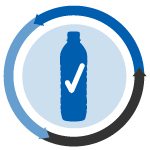 The U.S. Food and Drug Administration will allow recycled PET fiber to be used to make tea bags, fruit or meat packaging and more. It also gave the go-ahead to use recycled plastics in several types of thermoform packaging.
The U.S. Food and Drug Administration will allow recycled PET fiber to be used to make tea bags, fruit or meat packaging and more. It also gave the go-ahead to use recycled plastics in several types of thermoform packaging.

Daniele Vinci
Chemicals giant Dow has developed an adhesive that allows flexible film packaging with layers of PET and aluminum to be replaced by all-polyolefin films, which are easier to recycle.
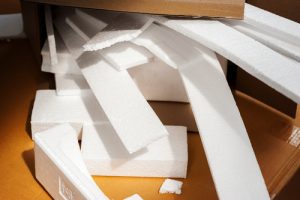 A relative newcomer to the plastics recycling industry has received another multi-million dollar investment, this time for tackling polystyrene.
A relative newcomer to the plastics recycling industry has received another multi-million dollar investment, this time for tackling polystyrene.
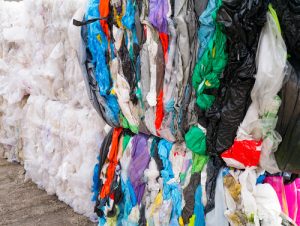 A $3 million loan from the Closed Loop Fund will help an end user of recycled plastics scale up its production capacity by 50 percent.
A $3 million loan from the Closed Loop Fund will help an end user of recycled plastics scale up its production capacity by 50 percent.
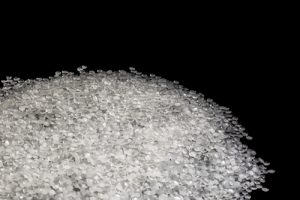 An innovation developed by Procter & Gamble to bolster polypropylene recovery is being put into action, with construction of an Ohio facility beginning today.
An innovation developed by Procter & Gamble to bolster polypropylene recovery is being put into action, with construction of an Ohio facility beginning today.
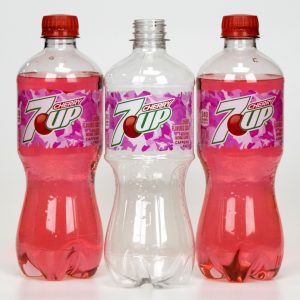 An international packaging producer has won an award for directly printing onto containers, eliminating the need for separate labels, liners and adhesives.
An international packaging producer has won an award for directly printing onto containers, eliminating the need for separate labels, liners and adhesives.
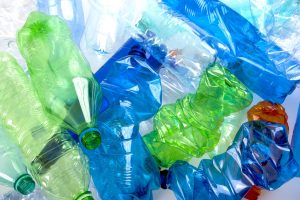 A French company developing an enzymatic depolymerization process for PET has signed a deal to bring its technology from the lab to a pilot-scale facility.
A French company developing an enzymatic depolymerization process for PET has signed a deal to bring its technology from the lab to a pilot-scale facility.
 The PET recycling rate is increasing in South Africa, and a PVC recycling program in the U.K. gets kudos.
The PET recycling rate is increasing in South Africa, and a PVC recycling program in the U.K. gets kudos.
